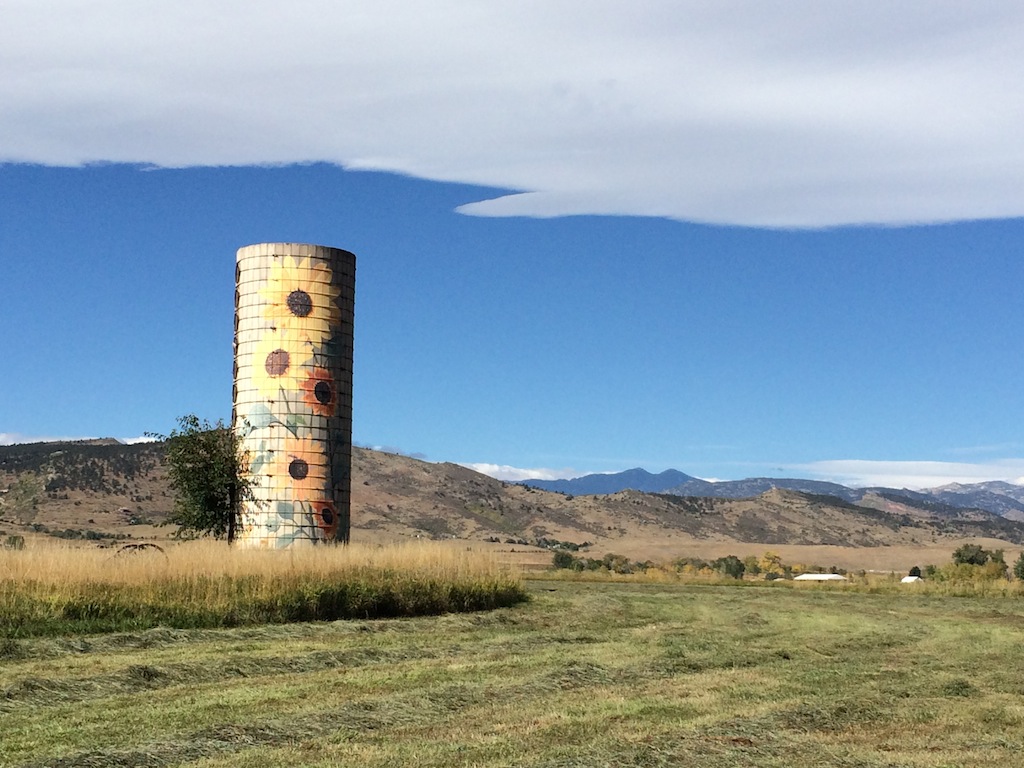It was about a week ago that I was browsing the New York Times in the days leading up to Thanksgiving, reading this article and that about food and agriculture. I stumbled across a fascinating article, “Agriculture Linked to DNA Changes in Ancient Europe.” The article—based on recently published new research in the journal Nature—went on to explain how the human genome rapidly evolved in the wake of the arrival of farming in Europe about 8,500 years ago.
I began the article out of pure intellectual interest. But I also couldn’t help but think of the potential implications for the Paleo diet that’s so popular right now. We’re gluten-free but decidedly not Paleo, and if you’re reading this blog, I’ll bet you aren’t either. We cook with gluten-free grains such as rice, corn, quinoa, and amaranth, which are all big “no nos” for the Paleo diet. One of the fundamental premises of the Paleo perspective is that the advent of agriculture changed the human diet far faster than humans evolved to adapt to that diet, hence advocating a return to “pre-agricultural” diets. But this new research showed just how quickly the human genome evolved to adapt to an agriculture-based diet, potentially poking a big hole in the Paleo theory.
One good example is the amino acid ergothioneine, a powerful antioxidant. Wheat is relatively poor in ergothioneine (for example, mushrooms have about 12 times as much per serving), but then a funny thing happened, researchers found. A gene that increased humans’ absorption of the amino acid became much more prominent, adapting our gut and our bodies to this new agricultural wheat-based diet.
Upon reading the full research article in Nature, another finding jumped out at me—one related to celiac disease. The same segments of DNA that code of ergothioneine absorption also have common variants associated with increased risk for ulcerative colitis, irritable bowel syndrome, and … celiac disease. Hence, researchers concluded celiac disease “may have hitchhiked to high frequency as a result.”
(As I write about in The Gluten-Free Edge, the first written description of celiac disease from Greece and earliest archeological remains believed to have been celiac disease from Italy both date to the first century AD, roughly 2,000 years ago. It’s intriguing to think that humans’ genetic predisposition for celiac disease could have arisen hundreds or even thousands of years earlier.)
There are many causal factors behind celiac disease, but genetic predisposition is undoubtedly a central one. These new findings have potentially big implications for how maligned wheat is—or isn’t—in today’s food systems. There are some people on an extreme end of the spectrum who hold that wheat is bad for everyone. On the other end of the spectrum are those who hold that wheat is bad for certain populations with medically diagnosed conditions such as celiac disease that demand strict avoidance of wheat and equally strict adherence to a gluten-free diet. But—at least evolutionarily—it appears that on the level of celiac disease, wheat wasn’t all that bad for us historically. Instead, as humans evolved and got better at digesting and absorbing wheat’s nutrients, we also—through unfortunate but coincidental correlation—increased our risk for getting sick from the grain that ultimately became a staple of the Western diet.
If, like me, you have celiac disease today, this information doesn’t much change anything. But it’s at least intriguing to know that the prevalence of celiac disease today came about in part because, ironically, we got better at eating wheat, and not simply because we started eating it (and more of it) in the first place or because it was inherently bad for us.

Fascinating history and information. Thanks for sharing!